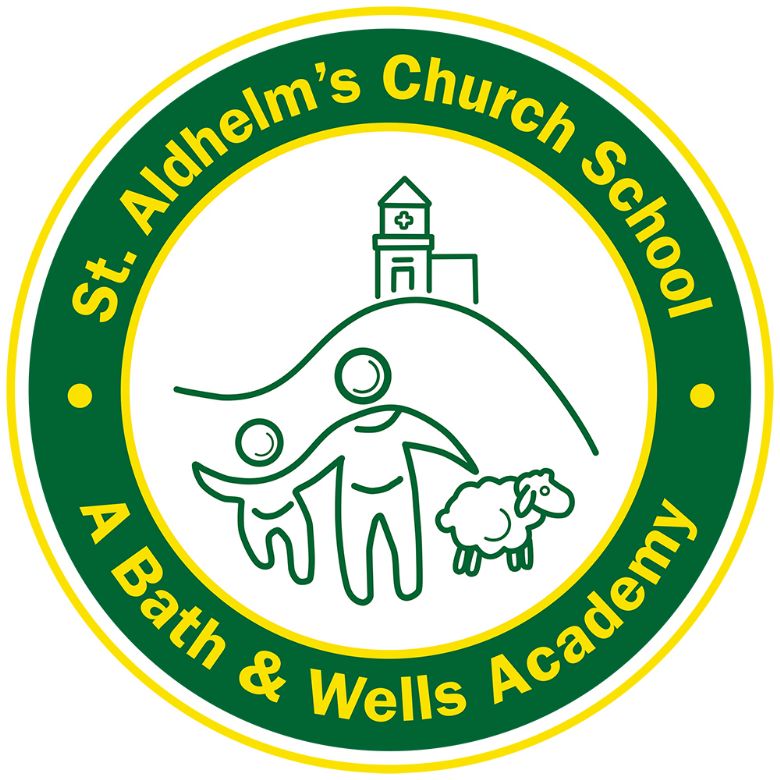Learning
Teaching and learning is the bedrock of our school life. As a team, teaching staff work hard to ensure that we provide an outstanding curriculum which stimulates children's interest and engages them fully in the learning process.
All state maintained primary schools in England are required to use the Early Years Foundation Stage statutory framework and the National Curriculum when designing their curriculum.
Our Curriculum Maps
We have updated and redesigned our curriculum maps, to create projects that will build on children's interests and capture their imaginations. To find out more about the curriculum within each year group please see each year group's class page.
Our curriculum maps allows for the teaching of key skills, knowledge and understanding, built into cross-curricular themes. Each term has a focus project, which is usually weighted towards one or two areas of the curriculum. From this, teachers use the National Curriculum 'expected' learning objectives, as well as subject skills ladders, to plan natural links between other areas of the curriculum and the central theme. This planning is informed by the programmes of study contained within the EYFS and National Curriculum. It is also guided by children's existing knowledge and areas of interest, in order to maximise the range of learning opportunities in which children can engage.
Early Years Foundation Stage
The planned learning experiences of the children in our Reception Class are set within the framework of the Early Years Foundation Stage curriculum, which sets the standards for the learning, development and care of children from birth to five. Since September 2012, this covers seven areas of learning .
The prime areas are:
- communication and language
- physical development
- personal, social and emotional development.
The four specific areas, through which the three prime areas are strengthened and applied, are:
- literacy
- mathematics
- understanding the world
- expressive arts and design
Please see the document at the bottom of this page for further detail on the statutory requirements of the EYFS curriculum.
The National Curriculum
Since September 2014, we have been following the new National Curriculum 2014. This includes significant changes to what has to be taught in Maths and English, with a raising of expectations of what children should be able to achieved at the end of Y2, Y4 and Y6.
For primary schools, this National Curriculum is divided into two stages:
Key Stage 1: Ages 5-7 (Years 1-2)
Key Stage 2: Ages 7-11 (Years 3-6)
The statutory subjects that all pupils must be taught at Key Stage 1 and 2 are divided into core and foundation subjects.
Core subjects: English, Mathematics, Science
Foundation Subjects: Art, Design and Technology, Geography, History, Computing, Music, Physical Education and, at KS2, Modern Foreign Language
Religious education must also be provided to all pupils on the school roll, unless withdrawn by their parents. As a Church of England VA School, we follow the Somerset locally agreed RE syllabus.
For each subject and for each key stage, programmes of study set out what pupils should be taught, including 'knowledge content', key skills and processes. In certain subjects (English and Maths), there are specific expectations for the skills and knowledge the children should have mastered by the end of the year, or by the end of a two year phase.
In addition to the statutory curriculum, we also teach non-statutory programmes of study for PSHE and British Values education across the school.
We have worked hard to ensure that our outstanding curriculum is broad and balanced, is centred around real experiences and involves children fully in the learning and review process. As teachers, we plan for a wide range of learning styles, so that all children can find a way in to their learning and can achieve.
Classes
To learn more about what happens in each class, on a termly basis, and how you can support your child with their learning, please click on the Classes tab at the top of this page.
